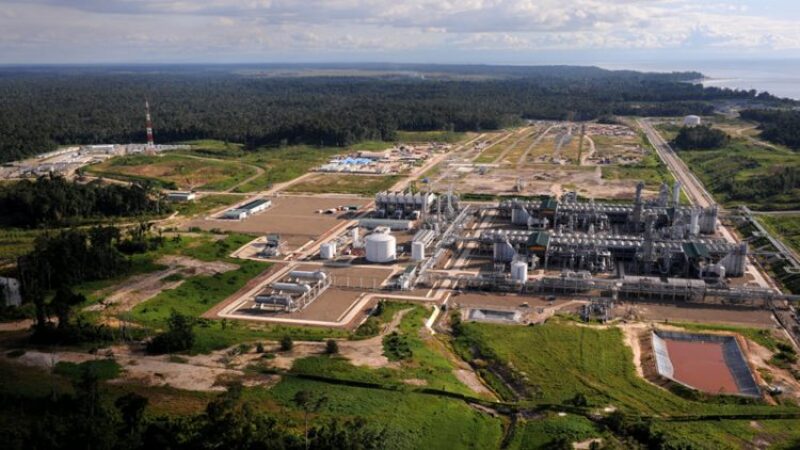BP received approval from the Government of Indonesia's Ministry of Environment for the Tangguh Expansion Project Integrated AMDAL environmental and social impact assessment. The Indonesian government issued the project an environmental permit as a result. The AMDAL includes Tangguh’s environmental and social commitments. It also outlines the role of the local administration and central government. Approval is required for project activities to begin at the site.
The $12-billion Tangguh Expansion Project will deliver significant value to the Indonesian government and will help meet the growing energy demand in Indonesia. As part of the expansion project, BP and its partners will supply 40% of the LNG output from Train 3 (1.5 mtpa) to Indonesia’s state electricity company PT PLN (Persero) for the Indonesian domestic market.
“This is a significant milestone for the Tangguh Expansion Project, and I would like to give my highest appreciation to the Ministry of Environment, along with the Papua Barat, Teluk Bintuni, and Fakfak Administrations for their efforts and cooperation in reaching this achievement,” said Christina Verchere, BP regional president Asia Pacific. “We look forward to receiving the remaining approvals from the government to realize the project, which will bring significant benefit to Indonesia.”
Tangguh LNG, located in Teluk Bintuni, Papua Barat province, is the third-largest LNG supply facility in Indonesia and the first fully combined upstream and downstream LNG operation in the country. The current operations comprise two identical LNG trains (Trains 1 and 2) with production capacity of 7.6 mtpa.
Other key government approvals that are still in process are required to continue with the planning, design, and procurement of the expansion project.
“We are engaging closely with SKK Migas, the Ministry of Energy and Mineral Resources, and other related government agencies to receive these critical approvals," added Verchere. "We remain hopeful that they will be received soon.”


